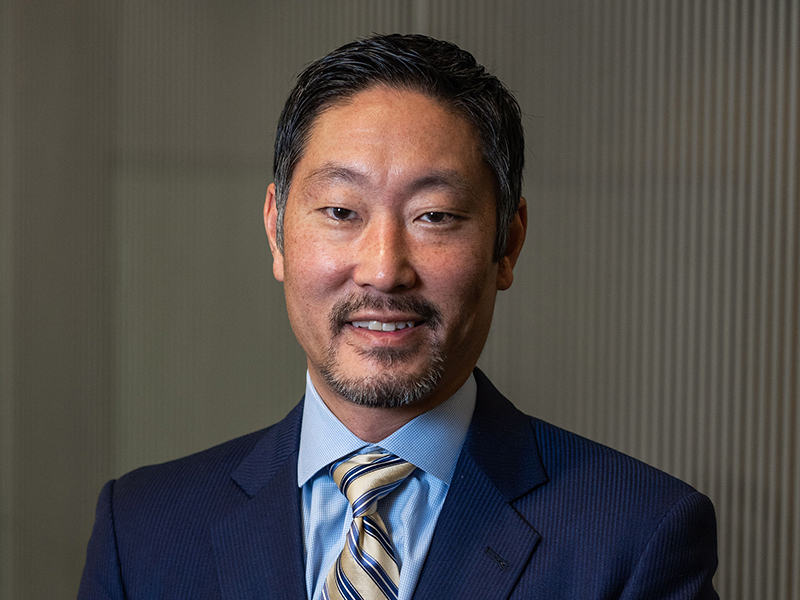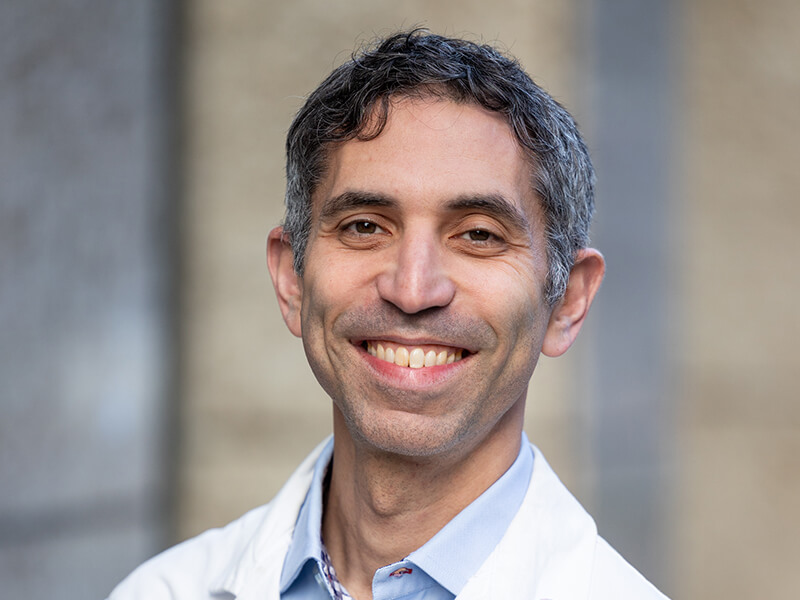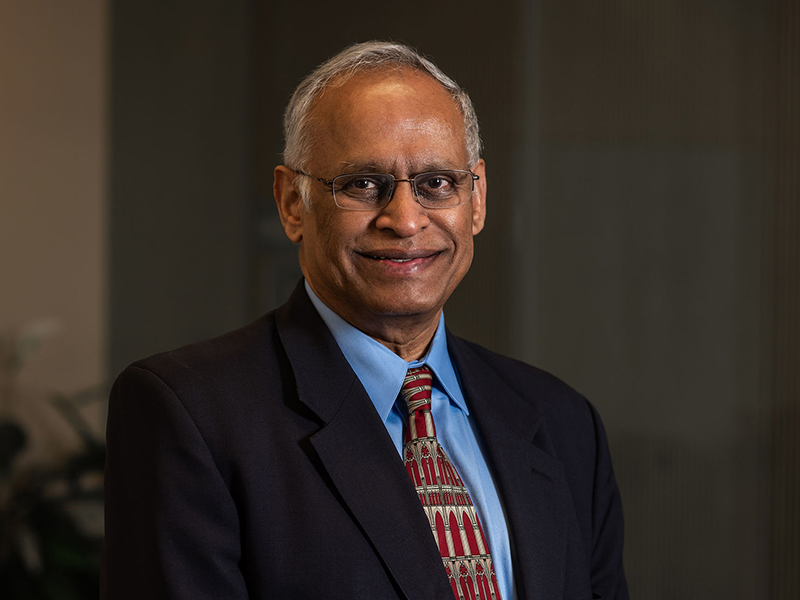Brain Arteriovenous Malformation
Our highly experienced team will guide you through this complex diagnosis.

Expert treatment for brain arteriovenous malformation at UW Medicine
At UW Medicine, we provide exceptional care for patients with Brain Arteriovenous Malformations (AVMs), a complex and potentially life-threatening condition. Our multidisciplinary approach brings together the expertise of world-class neurosurgeons, radiologists, and neurologists, ensuring a comprehensive and coordinated treatment strategy. Our focus is not only on treating the AVM but also on minimizing potential neurological damage and preserving quality of life. Our team is committed to delivering not only the highest standard of medical care but also personalized support and guidance throughout the treatment journey.
What is an AVM?
An arteriovenous malformation, commonly called an AVM, is a tangle of abnormal arteries and veins in a part of your brain. Even though an AVM is present since birth — and has been there your entire life — only now have you been made aware of it. We worry about them because there is a chance that an AVM can "rupture" (burst). This is due to the effect of constant, high-pressure blood flow through them. The risk of AVM rupture is directly proportional to the remaining years of a person's life, meaning younger patients face a greater lifetime risk than older patients. The good news is, by pairing each person’s AVM with the most appropriate treatment, there is a high chance for a cure.
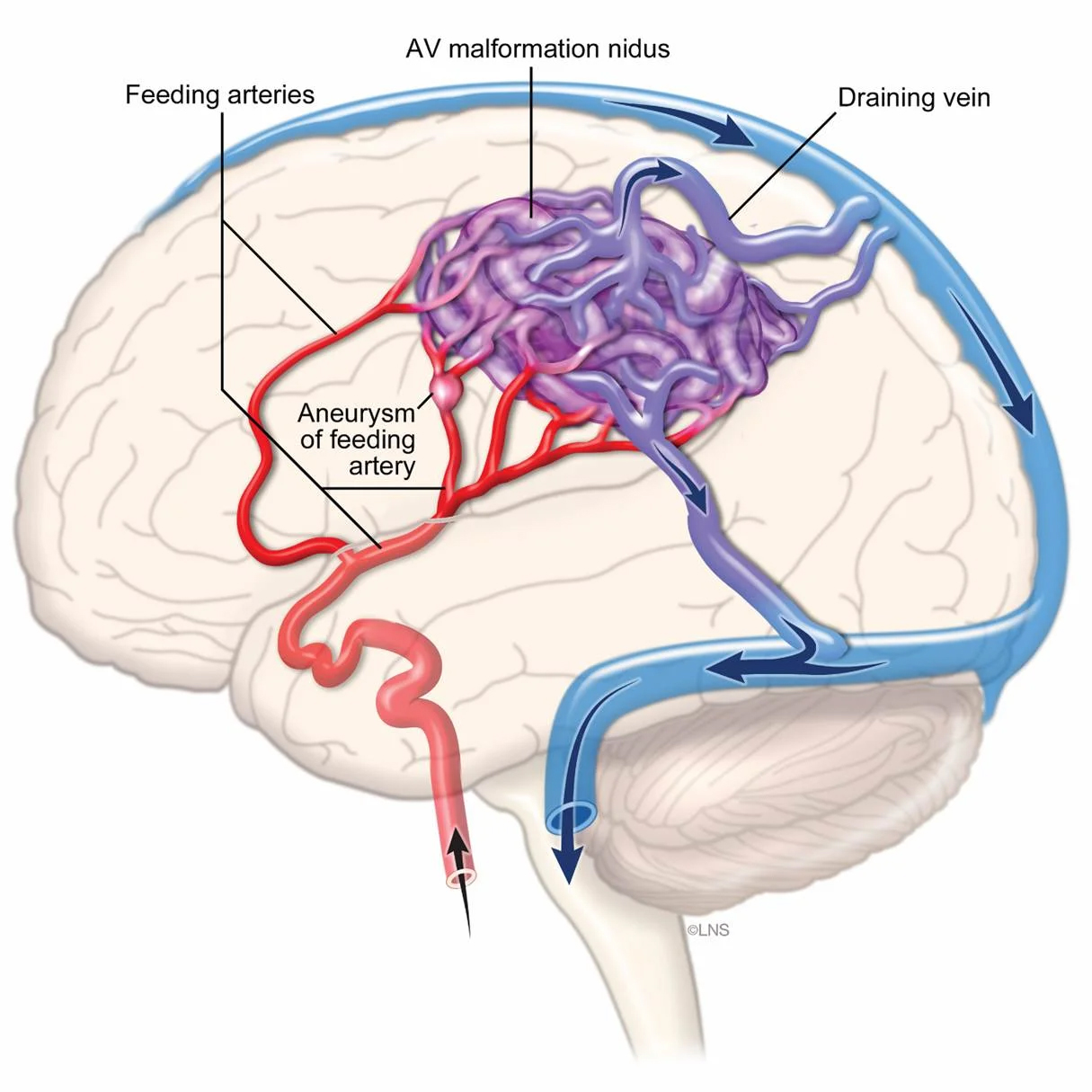
When does an AVM require emergency treatment?
Sometimes, the first sign of an AVM is a brain bleed caused by a ruptured blood vessel. These symptoms can come on quickly and unexpectedly. They may include:
- Severe headache, which many people describe as the worst headache of their life
- Changes in vision, including vision loss or blurred vision
- Facial weakness or paralysis
- Numbness or weakness in an arm or leg, especially on one side of the body
- Problems speaking or understanding speech
- Nausea or vomiting
- Confusion
- Loss of consciousness
If you or a loved one has any of these symptoms, call 911 right away. A brain bleed can cause permanent damage. Doctors must treat you right away to prevent death or disability.
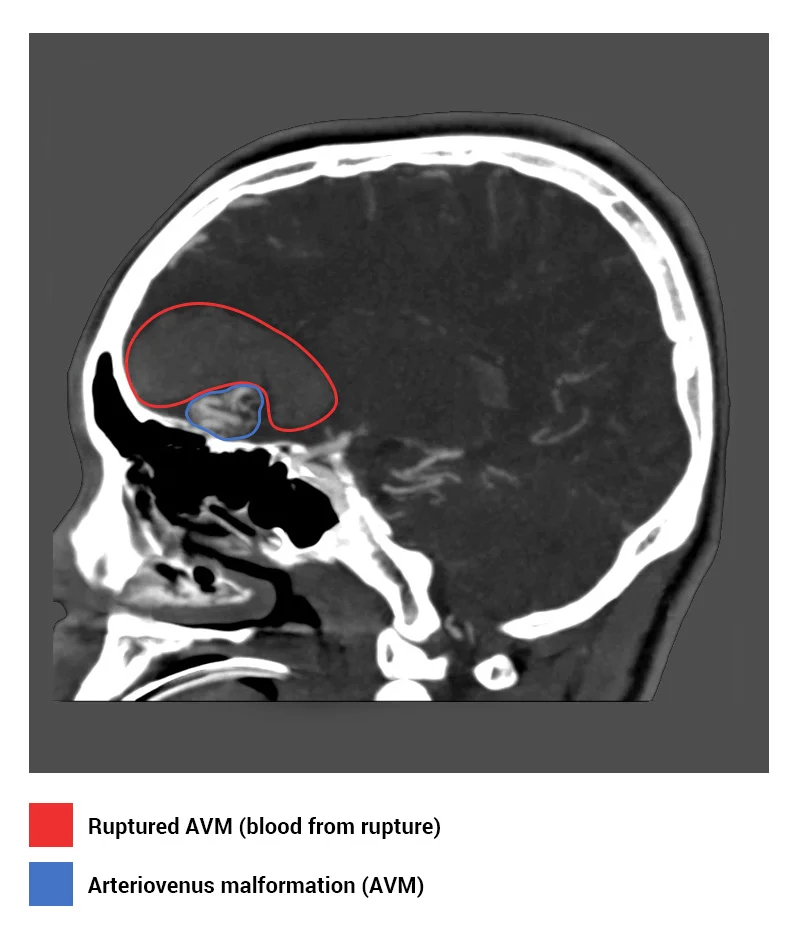
Getting care for an AVM at UW Medicine
Thanks to cutting-edge technology and advancements in treatment, it is safer than ever to manage brain AVMs. Our neurosurgeons will tailor your treatment to your AVM, giving you the best chance for a cure. This may require one or more treatments, such as:
For many people, the safest and most effective treatment is surgically removing the AVM. Fortunately, our neurosurgeons are nationally and internationally recognized AVM experts. In fact, we have the most successful outcomes in the Pacific Northwest.
During this outpatient procedure, we treat the AVM with radiation. It takes time for the radiation to work. However, it is a great option for AVMs located in deep areas of the brain or in areas too sensitive for surgery.
With this procedure, we treat the AVM from inside the arteries, blocking it with a special type of polymer (a nontoxic substance). Usually, this is done prior to either surgery or radiosurgery treatment.
In some cases, the best option is to simply leave the AVM untreated. This requires regular check-ups with MRI scans every few years to ensure the AVM’s stability.
At UW Medicine, we’re highly skilled at deciding whether it’s safer to treat your AVM immediately — based on the benefits and risks — or keep an eye on it. Keep in mind that there is no single "best treatment". Instead, we'll create a customized treatment plan for your unique AVM.
Meet with our team of experts
Request an appointment
Our team will help you navigate this journey
The nation's top neurosurgeons at UW Medicine are committed to your ongoing care. Our team stands ready to answer your questions and to create a care plan that is tailored to your diagnosis.
Not all brain arteriovenous malformations require treatment, but for certain patients, there are several treatment options available. UW Medicine’s team — including experienced neurosurgeons — is ready to answer your questions. We're also here to guide you to the right treatment.
Our clinic location
Harborview Medical Center
Neurological Surgery Clinic
908 Jefferson Building, 5th Floor, Seattle, WA 98014

